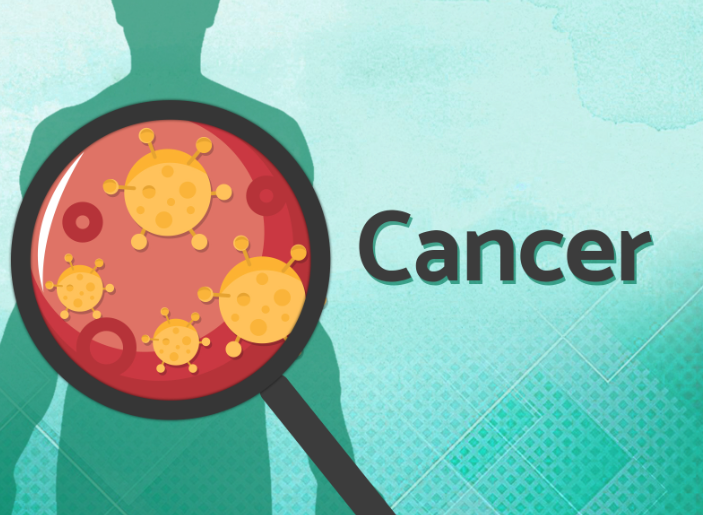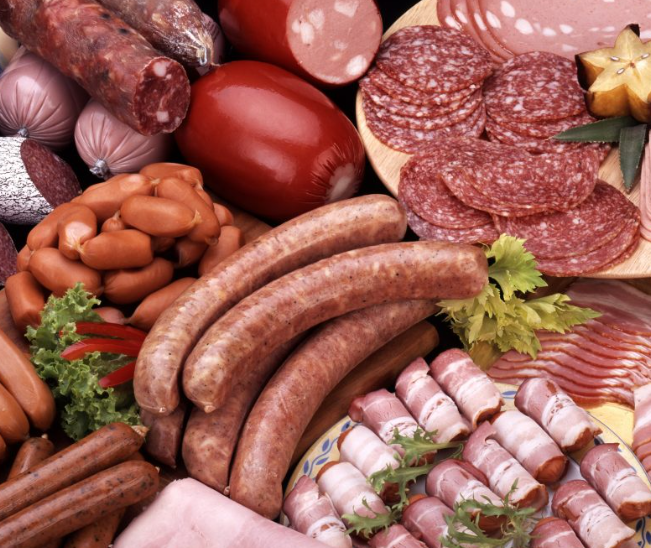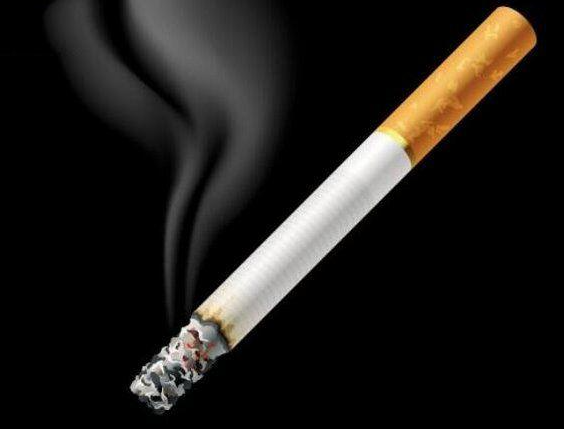On the annual list of high-incidence cancers, organs like the lungs, stomach, and liver are always prominently featured. With the human body having dozens of organs, why is cancer prone to target them? Today, we will delve into the reasons behind this phenomenon.

Betel Nuts
“Ten cases of oral cancer, nine of them caused by chewing betel nuts.” This statement is entirely true.
Earlier, the International Agency for Research on Cancer (IARC) categorized betel nuts as a “Group 1 carcinogen” (with clear evidence of carcinogenicity).
During the process of chewing betel nuts, the coarse and hard fibrous texture causes friction, leading to damage to the oral mucosa. The intense pain often makes it difficult for individuals to open their mouths.
If the injuries caused by betel nut chewing do not heal over time, it may lead to chronic inflammation and trigger cellular carcinogenesis. Additionally, betel nut alkaloids possess cellular toxicity, significantly increasing the risk of cancerous transformation.

Hot Drinks and Hot Foods
Under normal circumstances, the esophagus can withstand temperatures between 40 to 50 degrees Celsius. However, temperatures exceeding 65 degrees Celsius can easily cause mucosal damage and ulcers. Occasional burns from hot substances can heal relatively quickly. But if the esophagus is repeatedly exposed to high-temperature stimuli, it could potentially lead to worsening conditions, including cancer.
The International Agency for Research on Cancer (IARC) has also classified hot drinks above 65 degrees Celsius as a Group 2A carcinogen (carcinogenic to humans), indicating that they carry a risk of causing cancer.

Salted Foods
Salted foods, such as pickled vegetables and salted fish, contain a significant amount of nitrite.
Consuming excessive amounts of such foods over the long term can lead to a chemical reaction between nitrite and residual proteins in the stomach, forming nitrosamines.
Nitrosamines are potent carcinogens. Additionally, infection with Helicobacter pylori has also been classified as a Group 1 carcinogen, closely associated with the high incidence of stomach cancer in China.

Moldy Foods and Alcohol
Moldy foods, such as nuts and fruits, contain a significant amount of aflatoxin, which not only possesses strong carcinogenic properties but is also 10 times more toxic than potassium cyanide and 68 times more toxic than arsenic. Ingesting more than 20 milligrams of aflatoxin at once can lead to immediate death.
Similarly, long-term alcohol abuse is also dangerous. The liver is the primary site of alcohol metabolism, and excessive alcohol intake can lead to the development of fatty liver and liver cirrhosis, ultimately resulting in liver cancer.

Processed Meat
In 2015, the World Health Organization (WHO) classified processed meat as a Group 1 carcinogen. Common examples of processed meat include bacon, hot dogs, ham, smoked meat, and sausages.
Research has found that consuming 50 grams of processed meat daily increases the risk of colorectal cancer by 21%. Consuming 100 grams daily increases the risk by 29%.
During the high-temperature cooking or smoking processes involved in the processing of these meats, toxic substances such as heterocyclic amines and nitrosamines may be formed. These substances can induce DNA damage in cells, leading to the development of colorectal cancer.

Cigarettes and Cooking Fumes
Cigarette smoke contains over a thousand chemical compounds, with 69 of them being known carcinogens. Long-term smokers have a three times higher risk of developing lung cancer compared to non-smokers.
Apart from smoking, kitchen fumes, especially those generated during high-temperature frying, can also damage lung function, leading to inflammation, infection, and even cancer. After reading the previous content, it’s evident that many types of cancer are the result of cumulative exposure to harmful substances. Reducing these unhealthy habits might significantly lower the risk of developing cancer.

Summary
For individuals with high-risk habits and people aged 40 and above, it is recommended to undergo regular cancer screenings. Early detection and diagnosis are essential to avoid greater harm. According to data from the World Health Organization, there were 19.29 million new cancer cases globally in 2020, with approximately 4.57 million new cases in China, surpassing other countries.
These statistics are closely related to residents’ dietary habits in China. The word “cancer” in Chinese word has three mouths, and many cancers are the result of cumulative exposure to harmful substances through our food choices. Therefore, it is crucial for everyone to develop good dietary habits and for high-risk individuals with unhealthy habits to undergo regular health check-ups.
